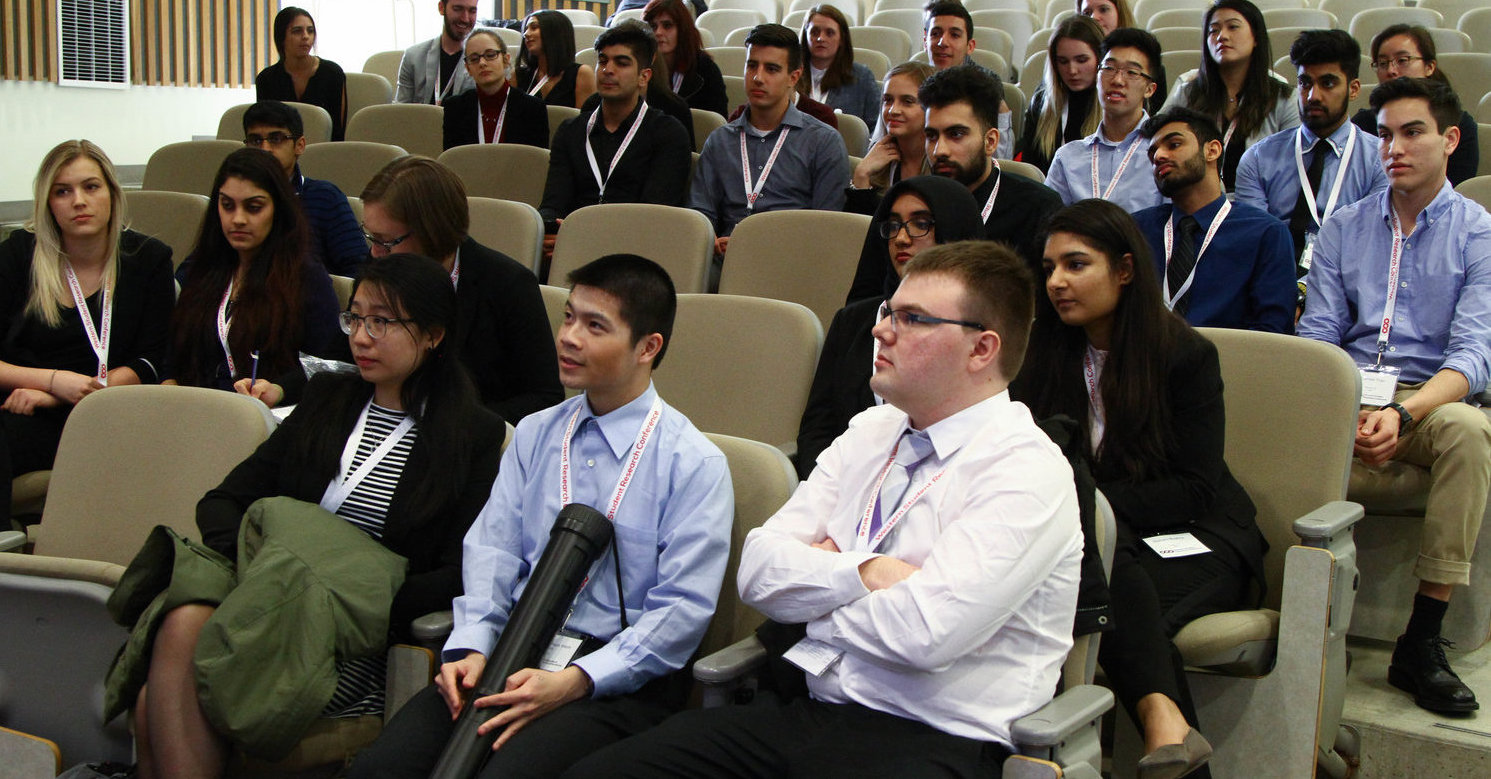Event Title
Investigating the Role of Language-Specific Mechanisms in Statistical Learning
Abstract
There has been a multitude of research focused on statistical learning (SL), the ability to extract patterns and regularities from environmental stimuli. A number of these studies have investigated whether there are language-specific mechanisms that support SL, or if SL operates the same for both speech and non-speech sounds; however, due to conflicting findings in the existing literature, there remains no consensus on this topic. As such, it is vital to conduct further research into this question in order to resolve these mixed findings.
This study aims to investigate whether the operation of SL is influenced by participants’ perception of acoustic stimuli as speech or non-speech by utilizing sinewave speech (SWS), a degraded form of speech, and comparing the learning of participants who perceive the SWS as speech to participants who perceive it as non-speech. It also aims to explore whether knowledge and expectations of language differentially impacts SL based on whether stimuli are perceived as speech or non-speech.
Participants with English as their primary language will be recruited in February, and will be induced into hearing SWS as either speech or non-speech, learn nonsense words consisting of SWS syllables, and complete tasks to measure their learning of these words. Performance on the learning tasks will be compared between speech and non-speech perceiving participants to explore whether SL operates differently for language stimuli. It is hypothesized that if there are language-specific mechanisms supporting SL, the results will show a boost in learning for participants who perceived the sounds as speech.
Presentation Type
Oral Presentation
Investigating the Role of Language-Specific Mechanisms in Statistical Learning
There has been a multitude of research focused on statistical learning (SL), the ability to extract patterns and regularities from environmental stimuli. A number of these studies have investigated whether there are language-specific mechanisms that support SL, or if SL operates the same for both speech and non-speech sounds; however, due to conflicting findings in the existing literature, there remains no consensus on this topic. As such, it is vital to conduct further research into this question in order to resolve these mixed findings.
This study aims to investigate whether the operation of SL is influenced by participants’ perception of acoustic stimuli as speech or non-speech by utilizing sinewave speech (SWS), a degraded form of speech, and comparing the learning of participants who perceive the SWS as speech to participants who perceive it as non-speech. It also aims to explore whether knowledge and expectations of language differentially impacts SL based on whether stimuli are perceived as speech or non-speech.
Participants with English as their primary language will be recruited in February, and will be induced into hearing SWS as either speech or non-speech, learn nonsense words consisting of SWS syllables, and complete tasks to measure their learning of these words. Performance on the learning tasks will be compared between speech and non-speech perceiving participants to explore whether SL operates differently for language stimuli. It is hypothesized that if there are language-specific mechanisms supporting SL, the results will show a boost in learning for participants who perceived the sounds as speech.


